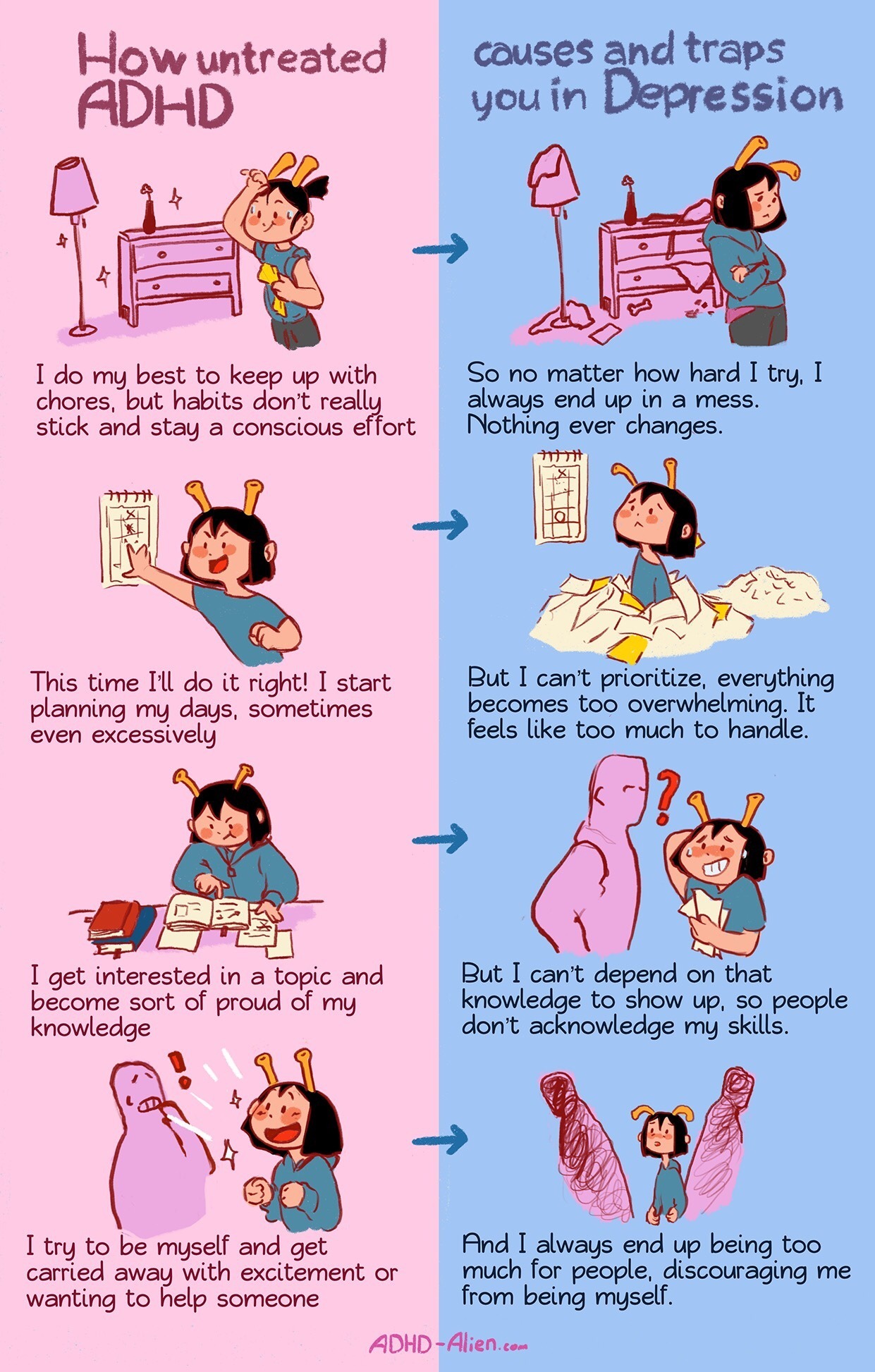

A few years ago, I read about how Mary Molony was an Irish Suffragette who disrupted a speech Winston Churchill was giving in Dundee by ringing a bell every time he tried to speak. She wanted him to apologise for remarks he had made about the women’s suffrage movement.
I remember when I read this, it reeked of something awesome that you find online that’s actually false (the story was shared on social media via a captioned photo with no sources), so I went digging for a proper source to check. I found some newspaper articles from 1908 and I learned that this event did happen, but also that people fucking hated Molony for this. There was a lot of “see, this is why everyone hates the Suffragettes”. (Sorry for saying this and then not sourcing)
It makes sense that people would be salty - Churchill was an asshole, but also a great orator, so I can see why one might be disappointed in missing the chance to see him speak, but I was shocked at the level of vitriol aimed at Molony and other Suffragettes from the time. Until this I hadn’t realised just how unpopular they were at the time. It’s drastically changed my perspective on protests and public perception.










Nice, I love a good battle jacket